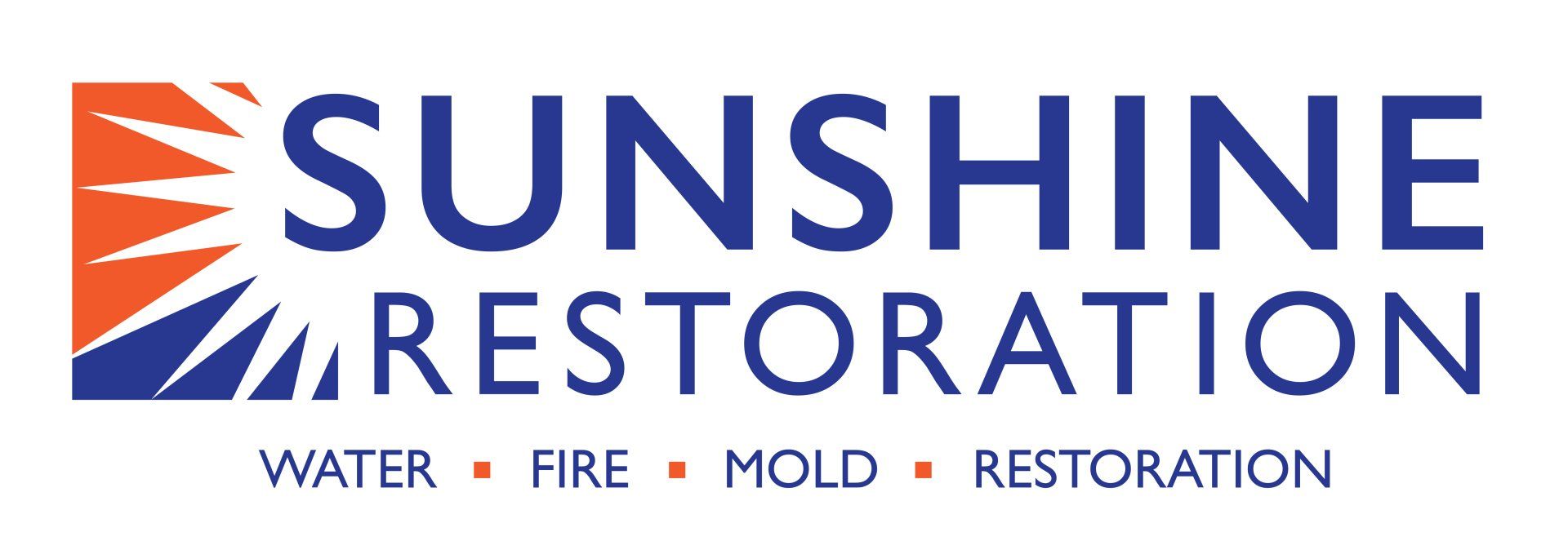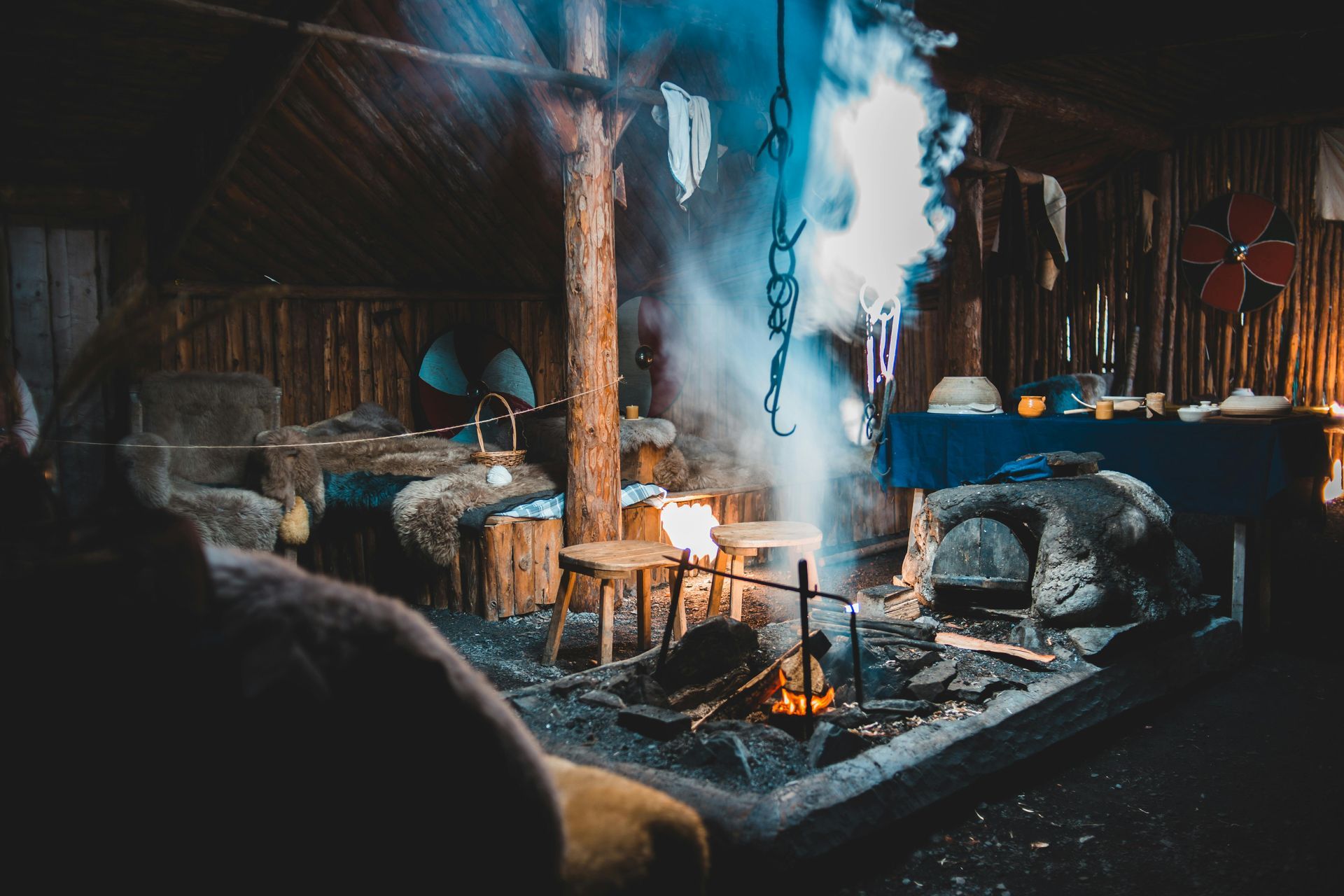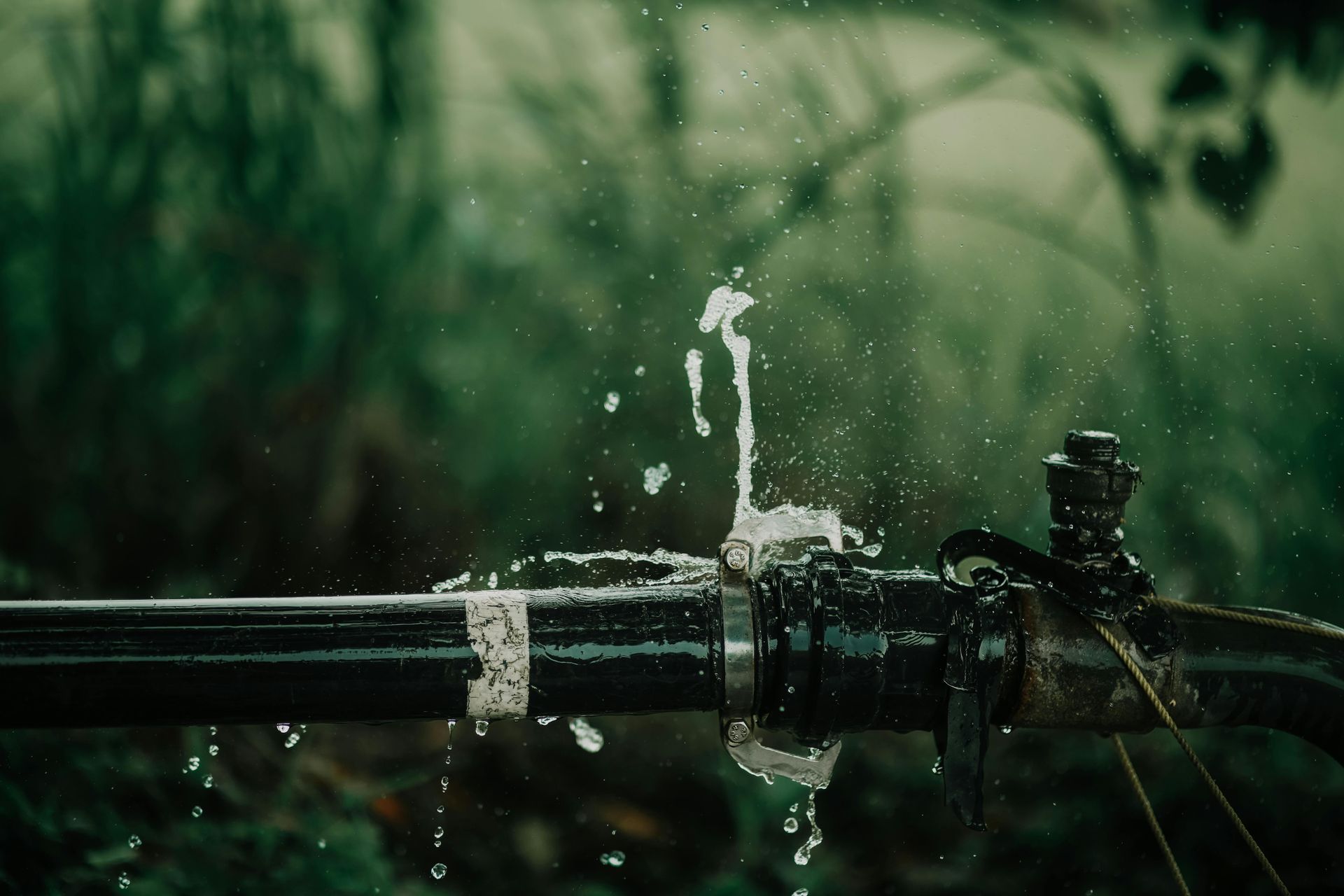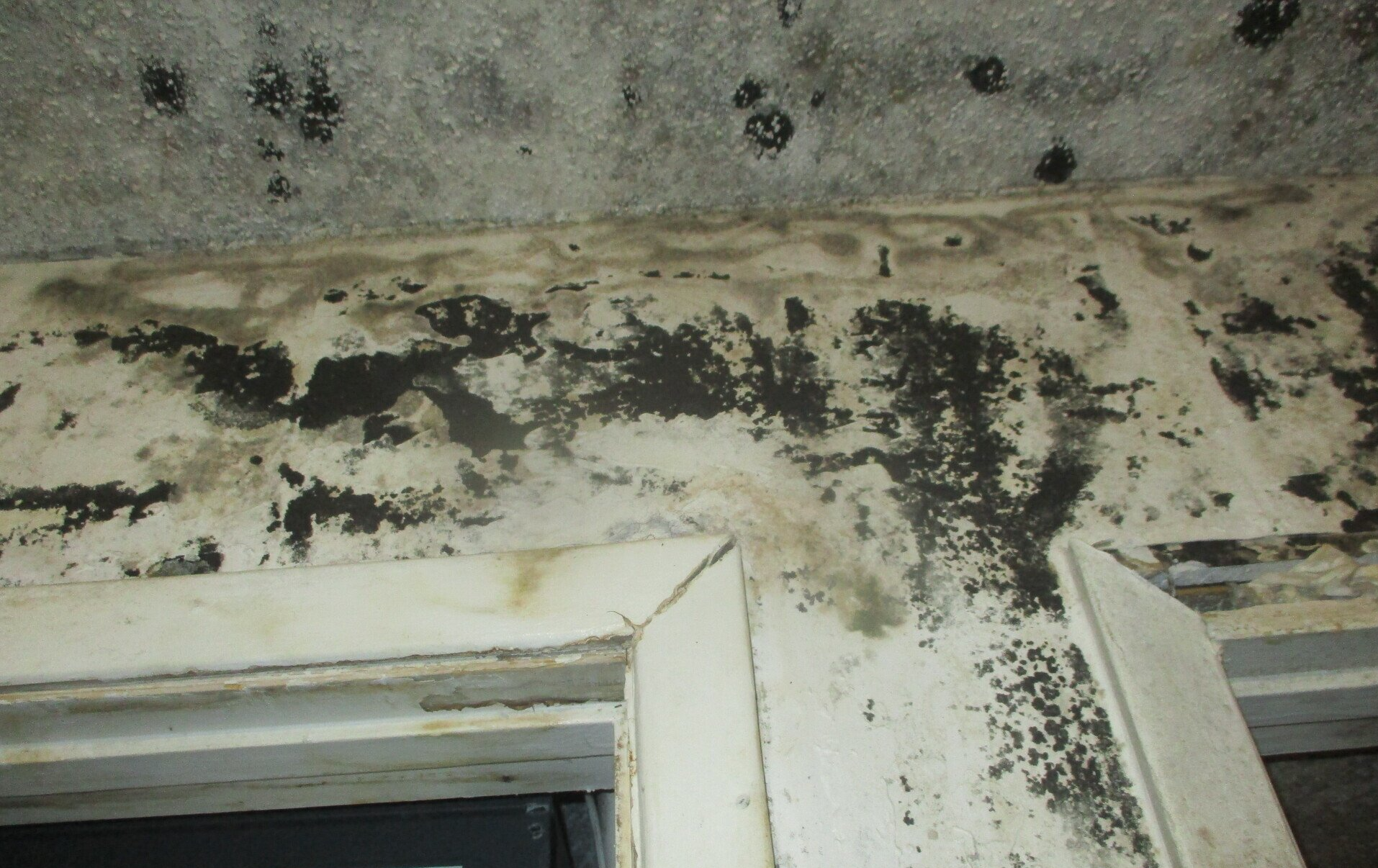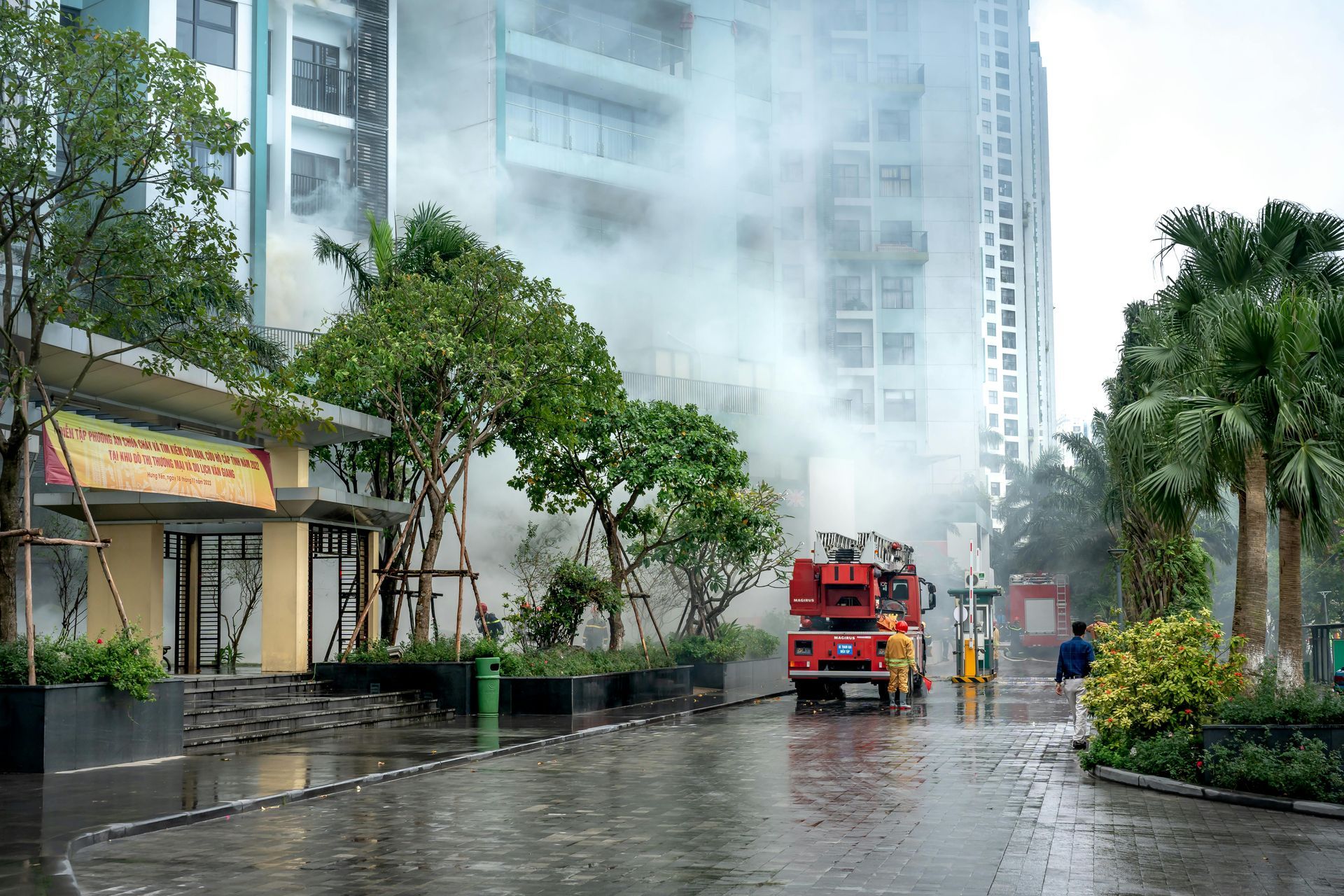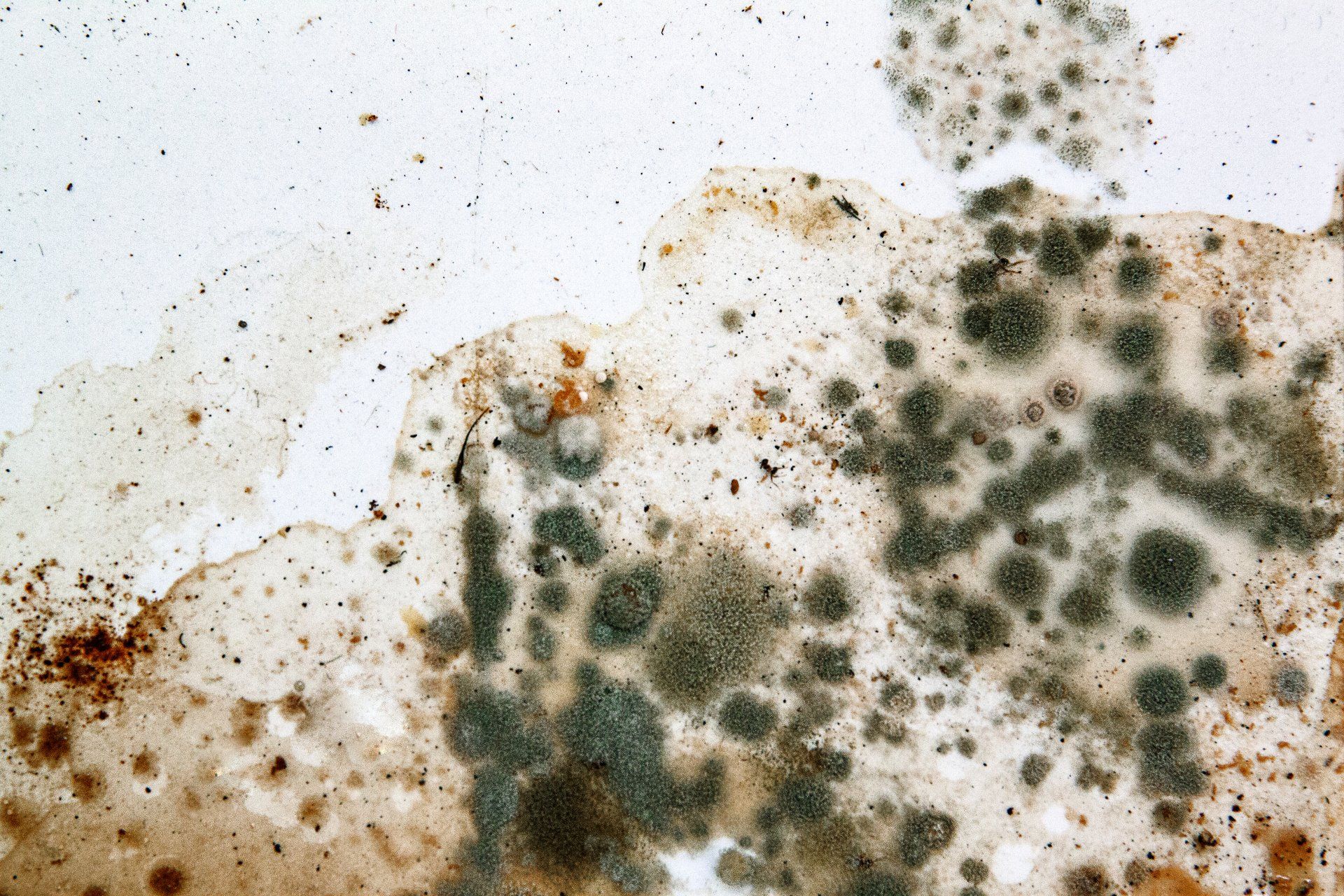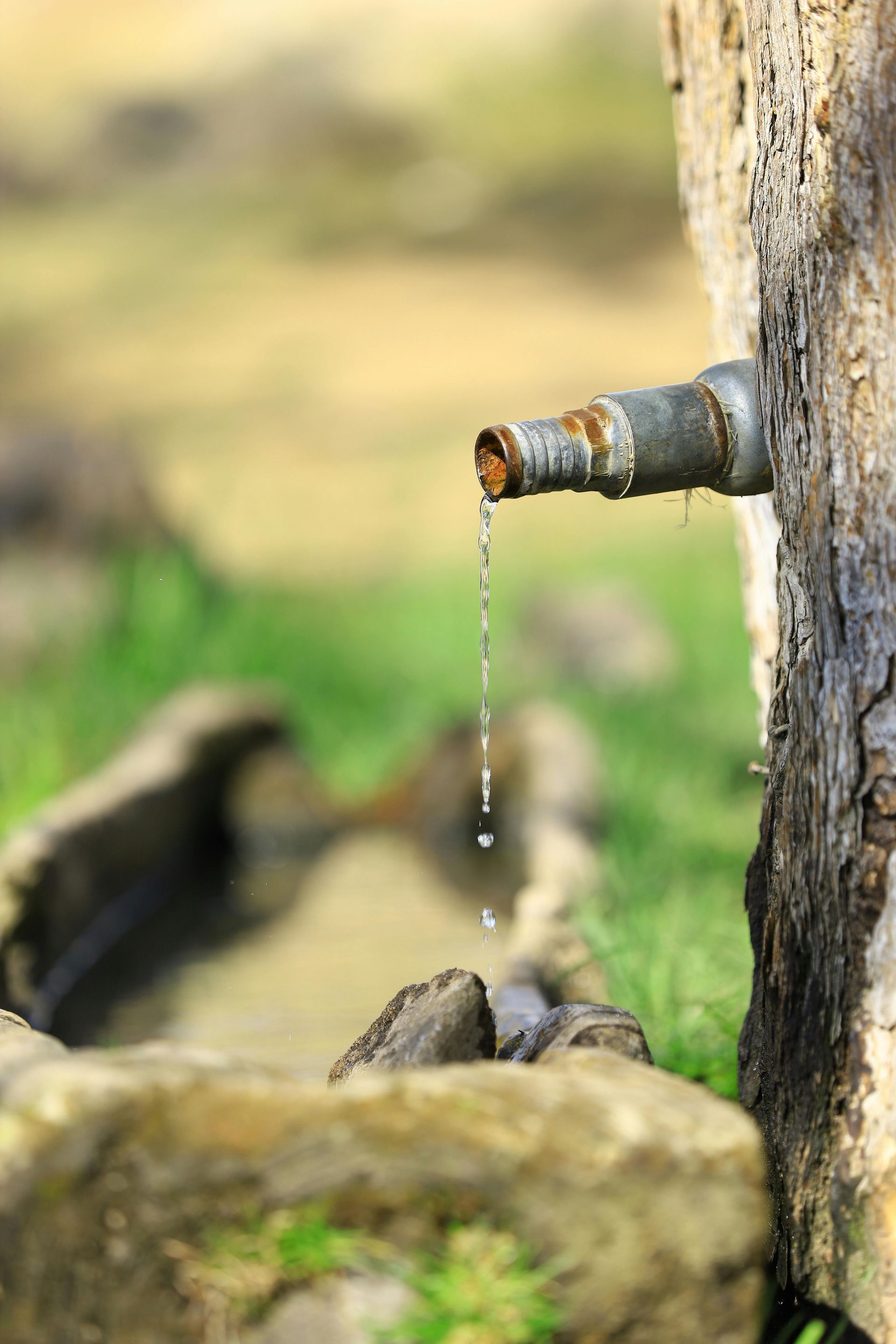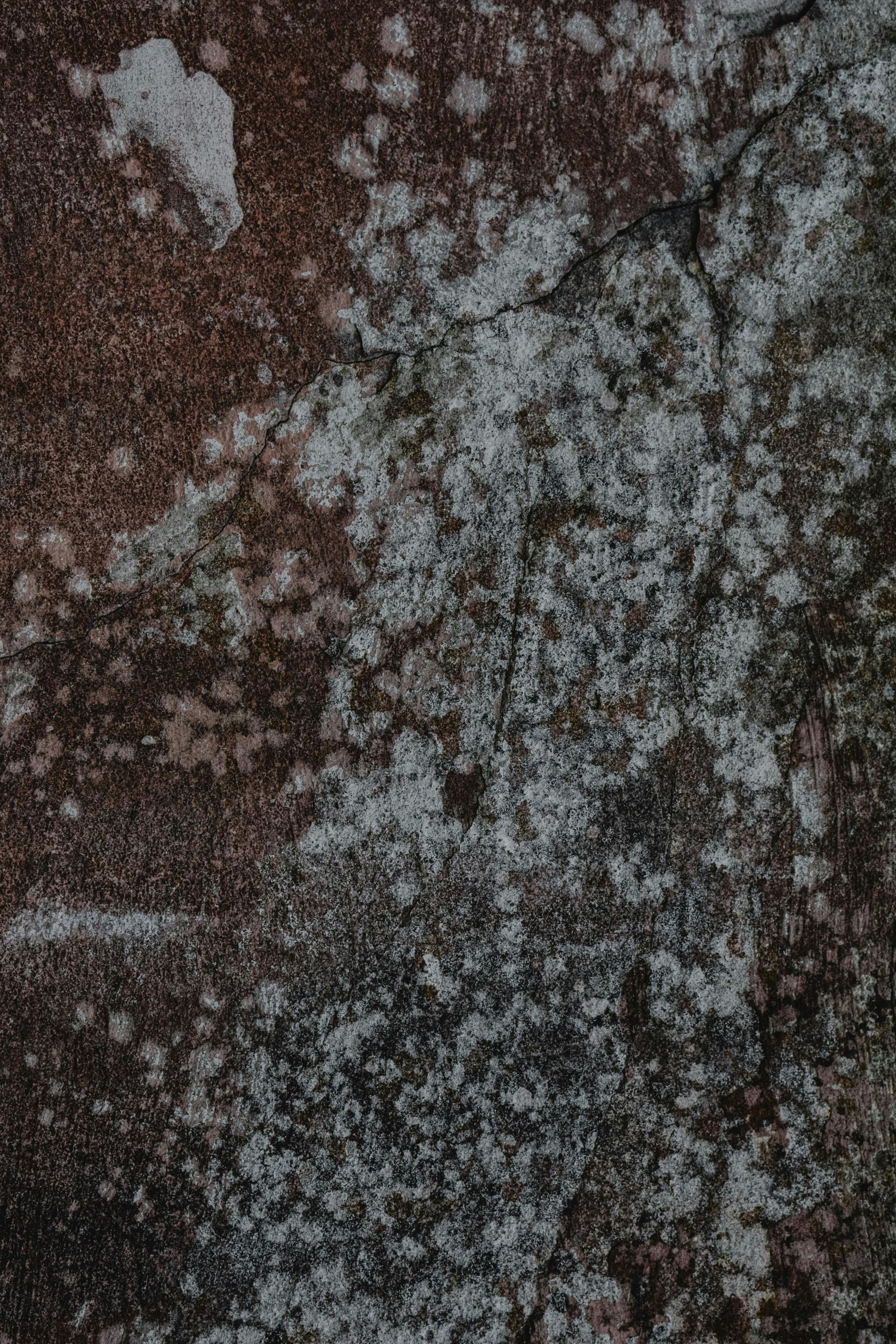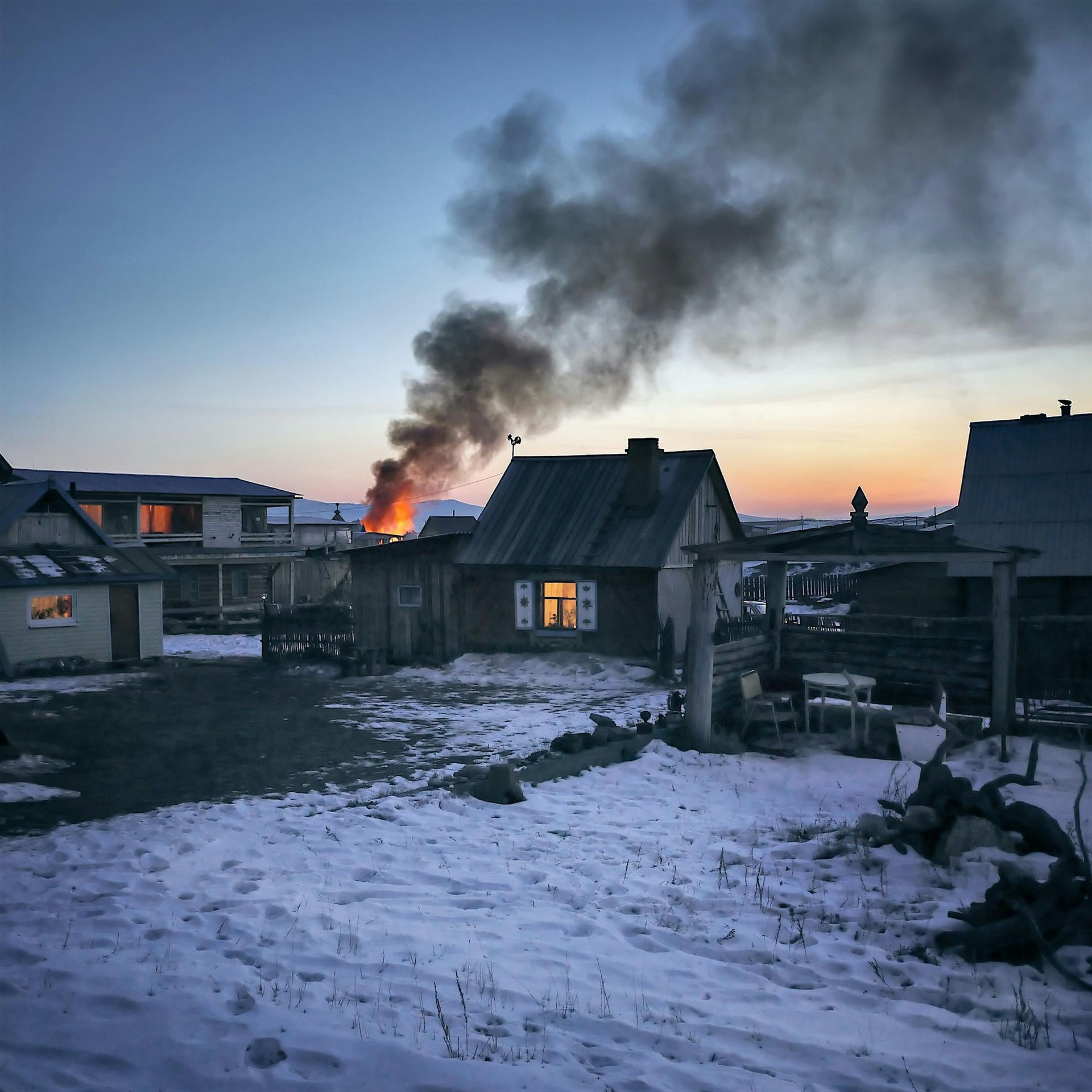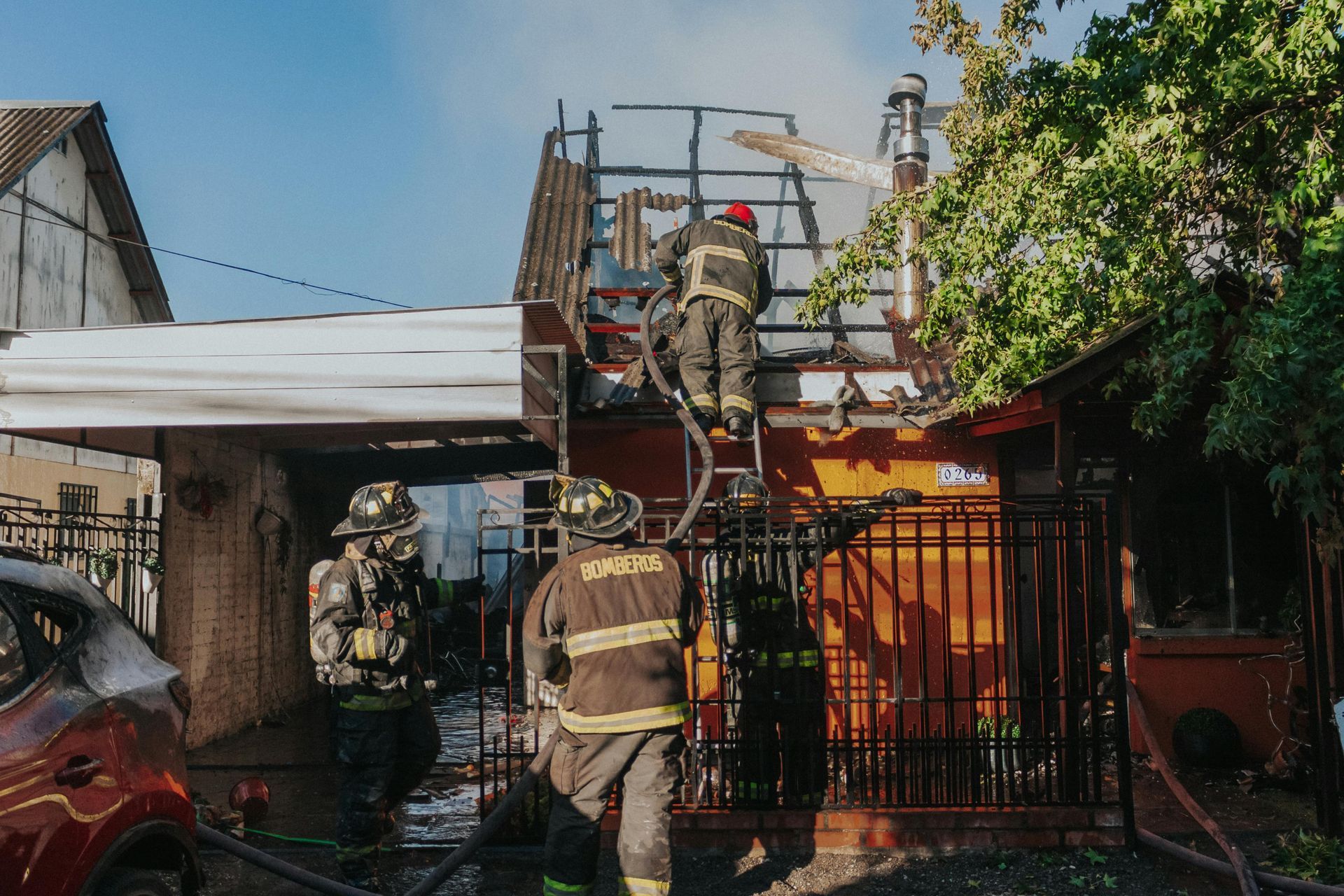How to Prevent Water Damage in Your Home
Effective Strategies to Prevent Water Damage in Your House
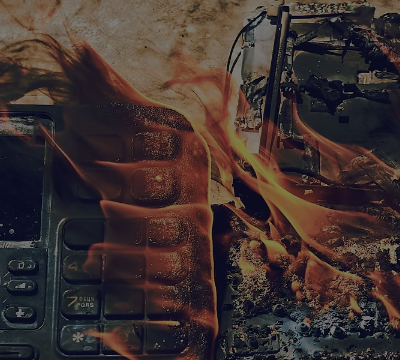
Water damage is a major issue for homeowners. Without the proper preventative measures, it can cause extensive damage to both your property and your wallet — from costly repairs to hazardous mold growth. In this article, we'll provide a comprehensive guide to water-resistant solutions that can help protect your home from potentially dangerous or expensive water damage. By understanding how to prevent water damage and incorporating practical solutions into your home, you can ensure the safety of your family and property for years to come.
We'll start by exploring the various causes of water damage in homes. Then, we'll discuss the best ways to protect your home from flooding, broken pipes, roof leaks, and other common sources of water damage.
Causes of Water Damage
Water damage can be incredibly damaging to your property and the contents of your home. It is important to understand the various causes of water damage, such as leaking pipes, faulty appliances, HVAC issues, and natural disasters like floods. By understanding how each of these potentially devastating sources could affect your home, you can take the necessary steps to prevent water damage.
Leaking pipes are one of the most common causes of water damage. If a pipe is leaking, it can cause major problems such as flooding and mold in your home. To prevent leaking pipes, make sure to inspect all exposed pipes regularly for signs of corrosion or cracking, and consider installing a water detection system to alert you of any leaking pipes.
Faulty appliances can also be a source of water damage. This includes washing machines, dishwashers, and other appliances that use significant amounts of water. It is important to inspect them regularly for any signs of wear or tear and to replace any damaged parts promptly. Additionally, make sure to follow the appliance manufacturer's recommended maintenance schedule.
HVAC issues can also lead to water damage in your home. If your air conditioner or furnace is not functioning properly, it could cause excess condensation and humidity, leading to water damage over time. To avoid water damage, inspect your HVAC system regularly and replace any damaged parts as soon as possible.
Natural disasters like floods can also cause significant water damage. To protect your home from flooding, make sure to check your property for any low-lying areas or potential sources of flooding and take steps to fix them if necessary. Additionally, consider investing in flood insurance to cover the cost of any damages that occur due to a natural disaster.
Signs of Water Damage
Water damage is one of the most common threats to any home. It can be caused by things like plumbing leaks, spills, floods, roof leaks, or even high humidity levels in a room. If you suspect water damage in your home, it's important to act quickly and get a professional inspection done as soon as possible.
Fortunately, there are some common signs that can indicate water damage in your home. Here are a few of the most common:
- Water Stains – Water stains generally appear as yellowish to brownish spots on walls and ceilings. If you notice any dark spots, they could be indicative of an underlying issue with water leakage in the area.
- Mold – Mold is a common sign of water damage in your home. It can appear as dark spots on walls and ceilings or even as fuzzy patches on surfaces like furniture or carpets.
- Peeling Paint – Peeling paint can indicate water damage, too, since the moisture encourages paint to peel away from walls and other surfaces.
- Unusual Odors – If you notice a musty smell in your home, it could be an indication of water-related damage.
If you see any of these signs, it's always best to contact a professional to have them investigate and inspect the affected area.
Water Damage Prevention Tips
It can be tempting to wait until something goes wrong with your home before you take action, but when it comes to water damage prevention, being proactive is the best way to go. Water damage can cause structural issues and other costly problems, and often times the cost of repair ends up exceeding what it would have cost for preventive measures. Here are a few water damage prevention tips you can take to ensure that your home is protected from water damage.
Water-Resistant Materials and Construction Techniques
Water damage can be a considerable risk for many structures, particularly those with exterior walls exposed to the elements. Fortunately, there are several water-resistant materials and construction techniques that can help protect against damage from precipitation.
One of the most prominent water-resistant options is PVC or polyvinyl chloride. This type of plastic material is often used in roofing and siding, as it is not only waterproof but also highly durable. Other options include fiber cement panels, which are composed of a blend of Portland cement and wood fibers; this material provides superior weather protection due to its ability to resist water penetration.
In addition to materials selection, construction techniques can play an important role in preventing water damage. Proper flashing installation is essential. This involves placing metal sheets or panels along joints and transitions in order to redirect water away from vulnerable points. Properly installed roofing membranes are also important, as they provide an additional layer of waterproof protection.
Ultimately, the key to preventing water damage lies in selecting materials that are designed for long-term performance and then installing them with care. While there is no guarantee that a structure will remain totally water-resistant, the combination of carefully chosen materials and reliable construction techniques can go a long way towards preventing water damage from occurring in the first place.
Proper Drainage and Landscaping
Water damage can be a serious threat to any home, and proper drainage is key for protecting your home from this damage. Good landscaping practices are essential for ensuring that water is diverted away from the house, and downspouts, gutters, grading, swales, open ditches, and other systems should all be in good order.
Gutters must always be kept clear of debris to ensure that they are in working condition, and downspouts should be checked regularly as well, making sure that they are connected properly to the gutter system. If there is an issue with an existing gutter or downspout, think about either replacing them or installing a new one.
Grading is important to ensure that the land around the property slopes away from the house, and proper grading can help direct water away from the home's foundation. Swales are shallow channels that slope down and away from a building, which can be an effective way to redirect water in more rural areas or larger properties.
Open ditches or channels are a great way to divert water in areas with limited grading options. Open ditches should be cleared of debris and sediment regularly to ensure that they continue to function properly. It's also important to make sure the soil around the house is well compacted so it doesn't absorb too much water, which can result in flooding during heavy rains.
Appliance and Plumbing Maintenance
Water damage is one of the most common causes of property loss and damage, with plumbing maintenance being one of the most important steps in preventing water-related issues. Regularly checking for leaks, inspecting pipes and fixtures, and keeping an eye on potential trouble spots can help protect your property from further damage.
In addition to regular maintenance, there are several other measures that homeowners can take to protect their homes and belongings from water damage:
- Install Water Detection Devices: The installation of water detection devices like sensors in areas prone to moisture or flooding can help alert you when a problem is detected.
- Monitor Appliances: Regularly inspect refrigerators, dishwashers, washing machines, and other appliances for signs of leaking or malfunctioning.
- Check Outside Faucets and Sprinkler Systems: Check outside faucets for any signs of leaks or corrosion. Inspect sprinkler systems to make sure they are working properly and check for any obstructions which could cause flooding in areas around the home.
- Inspect Gutters and Downspouts: Clogged gutters and downspouts can cause water to pool around your home, leading to potential water damage. Make sure these are regularly checked and cleaned of any debris or clogs.
Inspecting Your Home Regularly
Regular home inspections are essential for early detection and prevention of water damage. They can help you identify potential issues in moisture-prone areas, such as your roof, basement, attic, windows, walls, and plumbing.
When inspecting these areas in your home, look out for signs of water damage, such as discolored paint or wallpaper, warped floors, stained ceilings, and mold or mildew. You should also look for any obvious signs of leaks or water infiltration from the outside.
To help you stay proactive in preventing water damage, here is a checklist of areas to inspect:
- Roof: Check for any missing shingles or other evidence of roof damage that could allow rainwater to penetrate your home.
- Basement: Look for any water puddles or stains on the floors or walls, and inspect exposed plumbing fixtures and appliances for leaks.
- Attic: Inspect your attic for any signs of moisture, such as damp insulation, sagging ceilings, or mold growth.
- Windows & Walls: Check around windows and walls both inside and outside the house for any signs of water infiltration.
- Plumbing: Inspect exposed plumbing fixtures and appliances such as the washing machine, dishwasher, and sump pumps to make sure they are functioning correctly.
Seasonal Maintenance
Water damage in the home is a serious issue that can quickly spiral out of control if left unchecked. As a homeowner, it's important to take the necessary precautions to protect your property against potential water damage. This especially applies during the rainy and winter seasons when you are more susceptible to higher moisture levels.
Minimize the risk of water damage by doing regular maintenance checks. This includes inspecting your roof and gutters for any potential leaks or cracks; sealing off any openings that could allow water in, especially around windows and doors; ensuring all appliances are well-maintained; and repairing clogged drains.
You can also take additional steps to safeguard your home's interiors by using water-resistance materials. For instance, in the bathroom and kitchen, you can choose tile or stone floors with waterproof grout sealant to prevent any moisture from seeping through. You can also install a dehumidifier to reduce moisture levels in the air.
To ensure your property remains water-resistant, you should also regularly check for any signs of potential water damage and take corrective action as needed. Look out for discolored walls or ceilings, wet spots, musty smells, warped floors or tiles, bulging drywall, and mold growth. If you spot any of these signs in your home, then you should contact a professional to assess the situation and fix any water-related problems.
When to Seek Professional Help
When dealing with water damage, it's important to take the necessary steps to prevent further destruction and keep your home safe. If you are facing any severe leaks or flooding, or if the source of water damage is unclear, it's best to call a professional for help as soon as possible rather than trying to fix the issue yourself. Professional services can provide the expertise and advanced equipment needed to thoroughly inspect your property, detect any hidden damage or potential issues, and carry out repairs.
At Sunshine Restoration, we specialize in dealing with water-related problems and offer a wide range of services that help prevent further destruction. Our team is experienced in spotting signs of water damage before it becomes a bigger issue and can help make sure your home is safe from any future damage. We also provide detailed inspections to identify the source of water damage, and our team will make sure that all areas of your property are assessed for hidden water-related problems.
Safeguarding Your Home Against Water Damage
Have you ever experienced a flood, burst pipe, or other water damage event? If so, you know the importance of keeping your home safe from water-related disasters. Fortunately, there are several strategies to prevent water damage in your house, and Sunshine Restoration is here to help.
For starters, it's important to check all pipes and hoses on a regular basis for leaks or signs of deterioration. This way, you can also know how to prevent mold after water damage. If you find any, be sure to get them fixed right away. You should also inspect your roof after heavy rainstorms for signs of damage, such as missing shingles or improper drainage.
Another great way to protect your home from water damage is to install a sump pump. This device can collect water and pump it away from the foundation, reducing the risk of flooding inside. Also, consider installing shut-off valves on all main pipes in the house so they can be stopped quickly if there's an issue with them.
Lastly, make sure you have adequate insurance coverage for any water-related damage. This will provide peace of mind and help you cover the costs if anything does happen.
Call us today to learn more about how we can help you!
